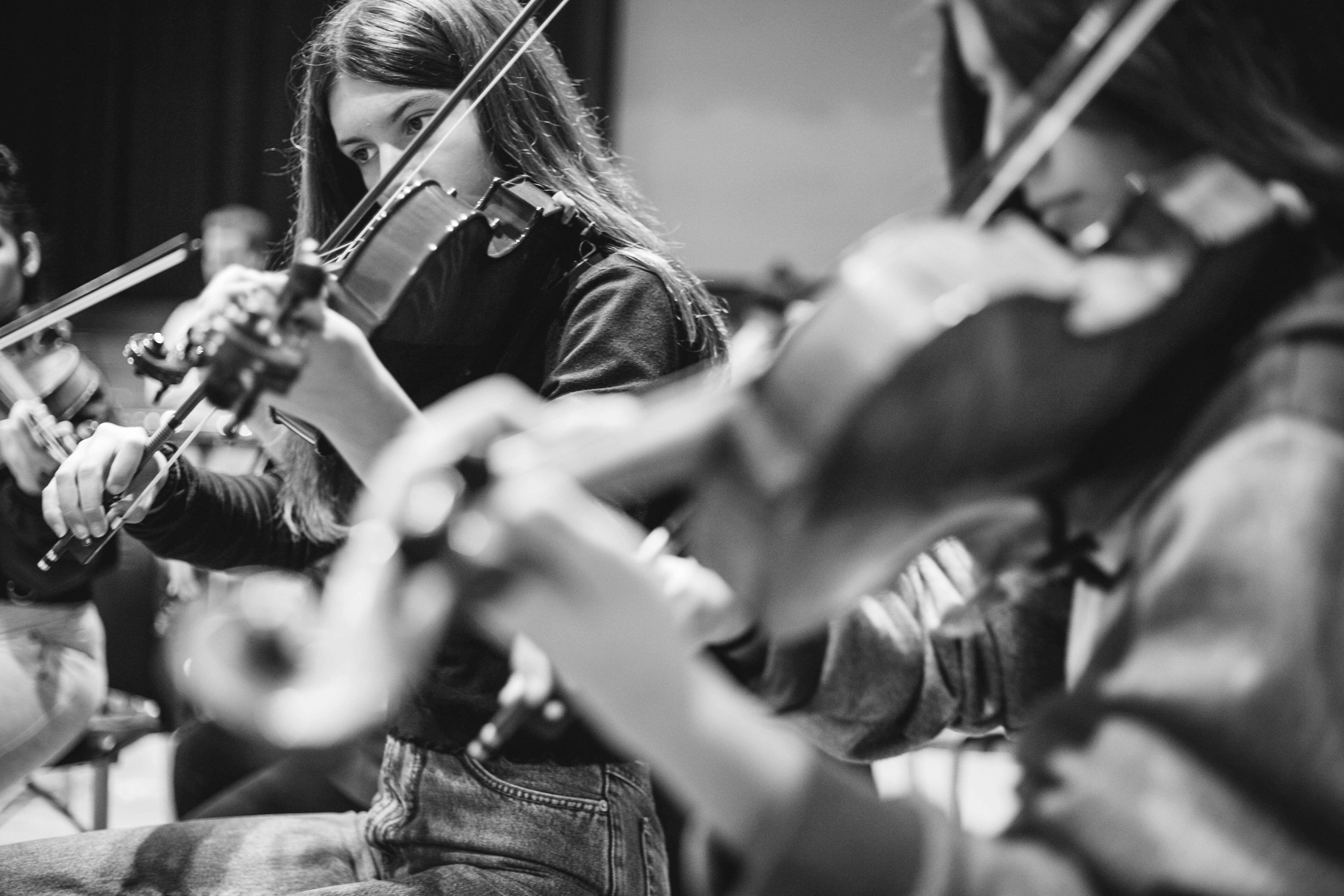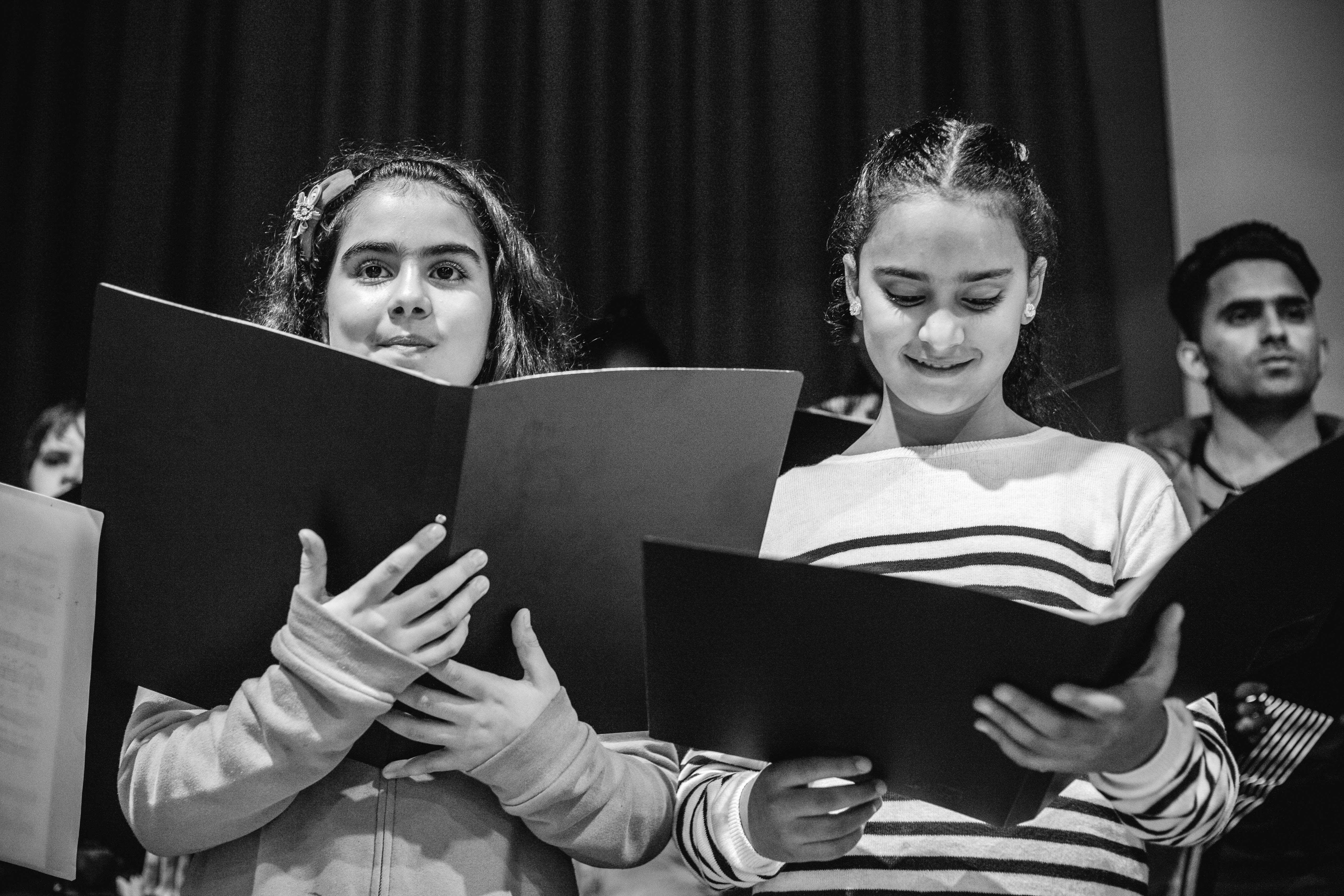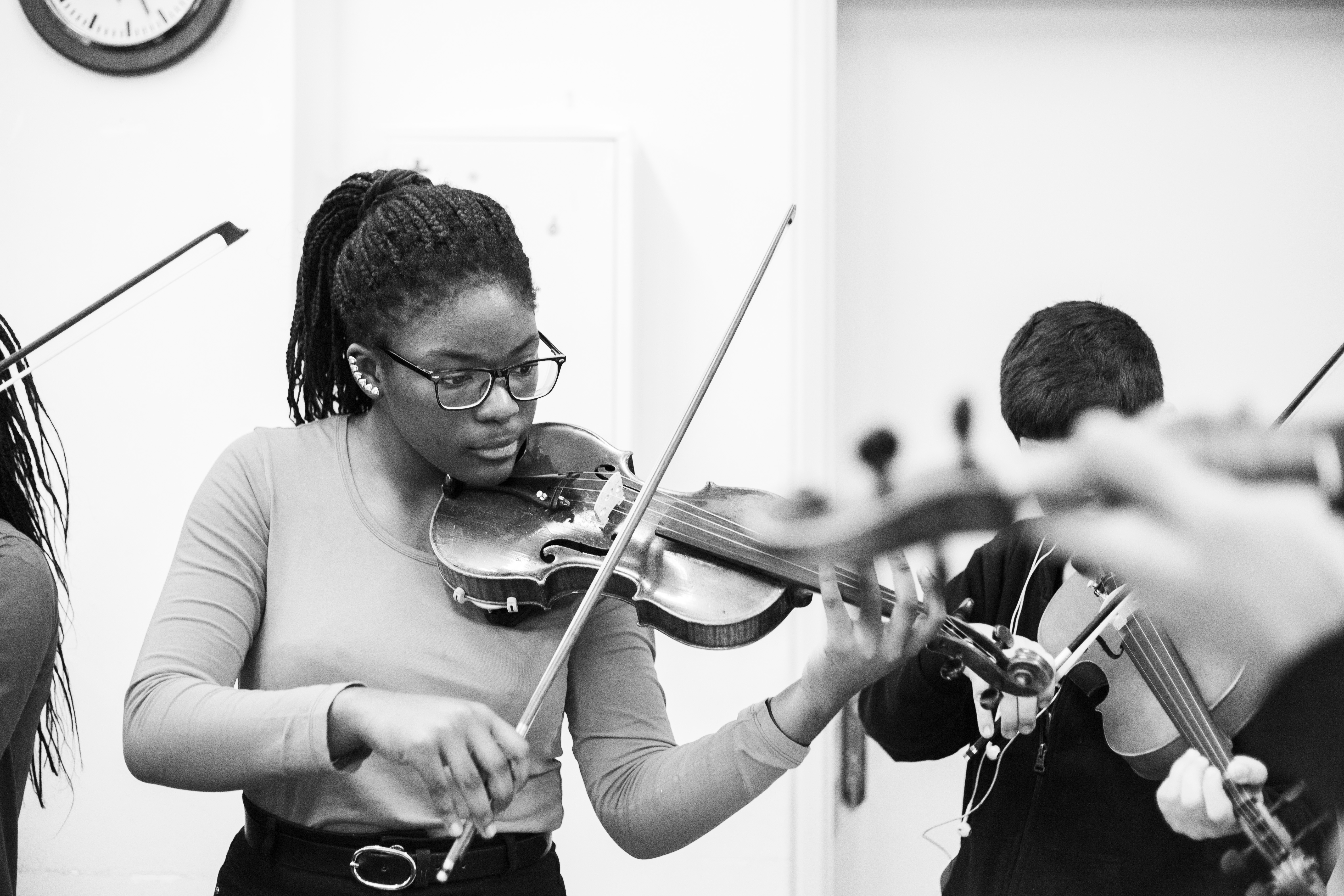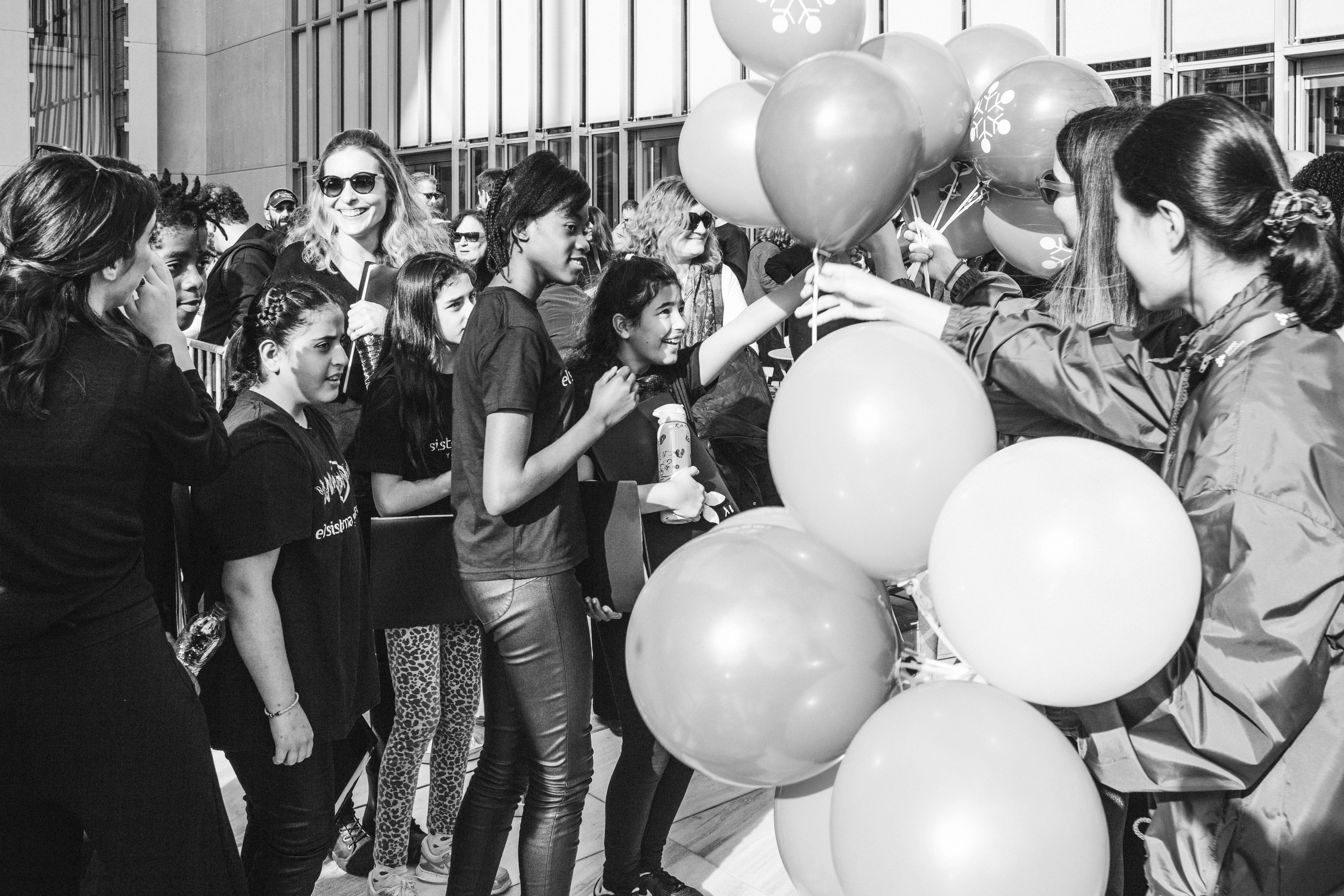Women in Hebron
Hebron and Idna, Palestine 2017/2018
"Women in Hebron" cooperative is a nonprofit fair trade community center located in Idna, a city on the southwest of Hebron in the West Bank, Palestine. The cooperative's aim is to economically empower women and give them the chance and tools to educate and generate additional income for their households. Developing traditional Palestinian embroidery is a way of gaining economic independence, as well as an act of resistance and community strengthening honoring the role of women in Palestinian society. It’s considered as a commitment to preserving Palestinian culture and heritage and also increasing awareness abroad and keeping resistance alive. The organization also supports women by talking about their different problems and providing various solutions they may need. Cooperative gives the opportunity to combine work with family obligations and allows around 150 women from the surrounding eight cities and villages to work. Although women's work brings tangible benefits to the family, some of them are forced to work only when their partner is not at home. Their husbands often explicitly forbid this job, because it violates the conservative gender roles.
![]()
1. Lila Hasan opens a cooperative shop in the old town in Hebron, the second-largest city in the West Bank. At the beginning of 2005 when the cooperative was set up, the embroidered items had been sold from a simple suitcase, which one year later turned into a small table set in the old town's market. Currently, they have a permanent large shop. The first years were not easy. Not only because of the occupation but also because of a man harassing Nawal by asking for a commission on the sales. They just couldn't accept her as a woman doing business.
![]()
2. The shop with embroidery is the only women-owned spot in the entire old market.
The shop is situated in the H2 sector, which is under Israeli control (H1 is controlled by the Palestinian Authority) following the 1995 Oslo Agreement and the 1997 Hebron Agreement. Above the old town, there is a fence. It often happens that the settlers throw eggs, bottles or rocks as the daily acts of aggression agains Palestinians. In H2 there are now 500-800 illegal Isreali settlers and 20 checkpoints making daily life very difficult.
![]()
3. Al-Shuhada Street called qhost town.
The vast area of the market in H2 is totally deserted. Palestinians have been forced to close their shops after the 1994 massacre of 27 Muslims in the Ibrahimi Mosque by Baruch Goldstein. Back that event the market used to be a vibrant, bustling place,
a principal commercial thoroughfare. This has an affect the general sale of products and the economic situation of many Palestinian families.
![]()
3. Handcrafted traditional dresses with embroidery.
Until the 1940s, traditional Palestinian costumes reflected a woman's economic and marital status and the town or district of her origin. This information was readable from fabric, colors, cuts, and embroidered motifs. Nowadays embroidery can be seen on non-clothing items such as purses, bags, pillowcases, accessories, and carpets.
![]()
4. Laila Hasan
After two years of working together with her sister Nawal, Laila learned English well enough to communicate with tourists and volunteers. She was able to become an independent seller. As a small child, Lila had a dream to become an English teacher. Now she's a mother of 6 kids. Her husband can't work since he broke his back while working on Israeli construction sites. That makes Laila responsible for taking care of the whole household and family.
![]()
5. Community center in the Idna village.
Nawal Slemiah the Founder and chief of „The Idna Cooperative Association for Embroidery and Handicrafts” for years tried to become economically independent by producing and selling the embroidery. With time she decided to register the organization, which gave her the opportunity to apply for international support and grants. By existing financial programs the organization was able to invest in sewing machines, as well as sewing and carpeting training for members.
![]()
6. Um Sallam has been sewing for 20 years. As a child, she observed her mother at work and was trying out the sewing machine while her mother was on break. For many years, she used to sew at home for her family and neighbors. Now she is divorced and her children already have their own families. After her daily work, she returns home and does embroidery on her own. With the money she has earned, she supported her adult children, by buying a house and finishing it.
![]()
7. Lina and her daughter Shaza.
Lina and Um Sallam are the only two members working full time at the sewing machines. All the other women are making embroidery. It’s hard for the association to find members, who are able to work permanently full time. It happens often that women who are hired and getting married, don’t have their husband’s permission for work and have to quit.
![]()
8. Lina and her daughter Nada.
Lina, a mother of 3 years old Shaza and 11 years old Nada works full time. She runs a house and raises her daughters alone. Before she worked in an electrical factory. Her husband is currently serving a sentence in an Israeli prison.
![]()
9. Women presenting Nawal their work and new patterns.
Finished embroidery is viewed on spot by Nawal who pays a certain amount of money (from 20 to 150 shekels) for the work depending on the size, complexity of the pattern, and quality. Nawal orders specific designs depending on demands and coordinates the whole process.
![]()
10. Fatma embroidering at her house.
Leaders are responsible for picking up fabrics from the cooperative's office in Idhna, which they later distribute between family and neighbors, coordinating their work. A map of independent Palestine will be created on this piece of fabric. The modern patterns are designed by chosen members. The association also cooperates with designers from abroad.
![]()
11. Office work in the living room
Hazal, the Turkish academic conducts 20 interviews with women. These interviews are necessary to receive a Fair Trade certificate. It is not easy for a small organization and costs a lot of money. The certificate helps to increase the sales range. Besides the stationary shop, the cooperative sells the products online and by international craft trades.
![]()
12. Lunch preparations
Cooperative is also a safe space for open discussions, being together while having a cup of strong, sweet mind tea or lunch. Lina prepares her favorite fatayer – middle eastern pie stuffed with spinach.
![]()
13. Nawal is sinking in papers closing the year and putting documents in order.
Nawal has always been an activist, who truly believed in her own independence and making the women's situation better. She is the second woman from her family's village Arsamitt who got a higher education degree. With other women's organizations, visited women in their homes and disseminated elementary knowledge on their rights, on prevention, and health taught them how to read and write. She has visited women whose husbands were in prison. Nawal helped them by organizing childcare. She also founded a network of kindergartens located in smaller towns around Hebron.
The power of music
Athens, Greece 2019/2020
The story of El Sistema began in 1975 in Venezuela's capital, Caracas, where economist and visionary maestro José Antonio Abreu organized an orchestra rehearsal for young people coming from communities at risk. 11 youths came on the first day, and a month later – 75. After four months the ensemble gave its first public concert. Thereafter, the official “El Sistema” was established – a community music program with numerous so-called "núcleos". These structures where free music education is offered were gradually opened in all states of Venezuela. For Abreu, an orchestra represented the structure of a functioning society with a common goal that can be achieved only when all members work together. The Venezuelan project has inspired more than 380 similar music social actions and initiatives in more than seventy countries with more than one million children learning classical music. One of the places where El Sistema is a great platform for dialogue and togetherness across diverse communities with music used as a tool for social inclusion is Greece.
![]()
1. Kids have fun while waiting for their classes in the multicultural neighborhood of Kypseli in Athens. The organization aims to integrate refugees with Greek youth and children from migrant communities and spreads music in Athens by providing daily musical activities in various neighborhoods and refugee camps.
![]()
2. Children and youth aged 6-2 can choose between classes of violin, viola, cello, french horn, trumpet, percussion, choir, and music initiation.
![]()
3. Denisa and Odysseas – siblings from Albania are learning to play the cello. Children and youth aged 6-26 can choose between classes of violin, viola, cello, french horn, trumpet, percussion, choir, and music initiation.
![]()
4. In choir classes, childen learn a song accompanied by dance movements to help them memorize the lyrics. Using traditional repertoire from the student's country of origin is an important element of the El Sistema Greece pedagogic methodology.
![]()
5. Ice-breaking games at the first meeting of the Young Leaders Program addressed the most skilled and committed teenagers and young adults. One of the principles of El Sistema's pedagogical methodology is the support of younger students by the older ones.
![]()
6. Girls practicing at cello classes. Since 2016 more than 2500 children and youth have participated in the ESG social music program.
![]()
7. Abulfazl and Ranhen from Afghanistan during the orchestra rehearsal at the Skaramagas refugee camp. Through learning music, students are not only inspired to strive for a better future but provided with a platform for dialogue and togetherness across diverse communities.
![]()
8. Music initiation class with children at Skaramagas Refugee Camp. Its objective is to teach children general aspects of music performance so that they can develop all the necessary skills needed, whether they choose to join the choir or play an instrument.
![]()
9. Students not only learn music but also develop memory, language, and teamwork skills, face public performance and improve their self-esteem.
![]()
10. Students practicing playing violin before the Christmas performance in Skaramagas with artistic director and conductor Jose a previous member of El Sistema in Venezuela.
![]()
11. Kids playing football during the break. Playing together, both music and football brings students together and creates the opportunity for them to meet peers coming from different cultures and social backgrounds.
![]()
12. El Sistema Greece Youth Orchestra (ESGYO) practicing together. Orchestra is open to everyone, students from conservatories, other music schools, students who receive private music tuition, and those from ESG classes.
![]()
13. Safira Antzus-Ramos the principal conductor of ESGYO says that young musicians besides the music learn many important life skills: listening to one another, being patient both with themselves and with their peers, punctuality, discipline, responsibility, helping and giving support, teaching, and learning from each other and also practicing how to overcome frustration while working hard.
![]()
14. General rehearsal before the biggest Christmas concert. To face a public performance without any fear and be a part of such a big event helps the student's self-confidence.
![]()
15. Students are tuning in before the Christmas concert at the Public School in Kypseli. December and June are the busiest months of the year filled with concerts in public spaces, schools, cultural centers, and theatres.
![]()
16. Members of the orchestra and choir after the Christmas concert at Stavros Niarchos Foundation Cultural Center – one of the most important cultural institutions in Athens. For each student, the concert is a big achievement, the fruit of cooperation, persistence, and much hard work.

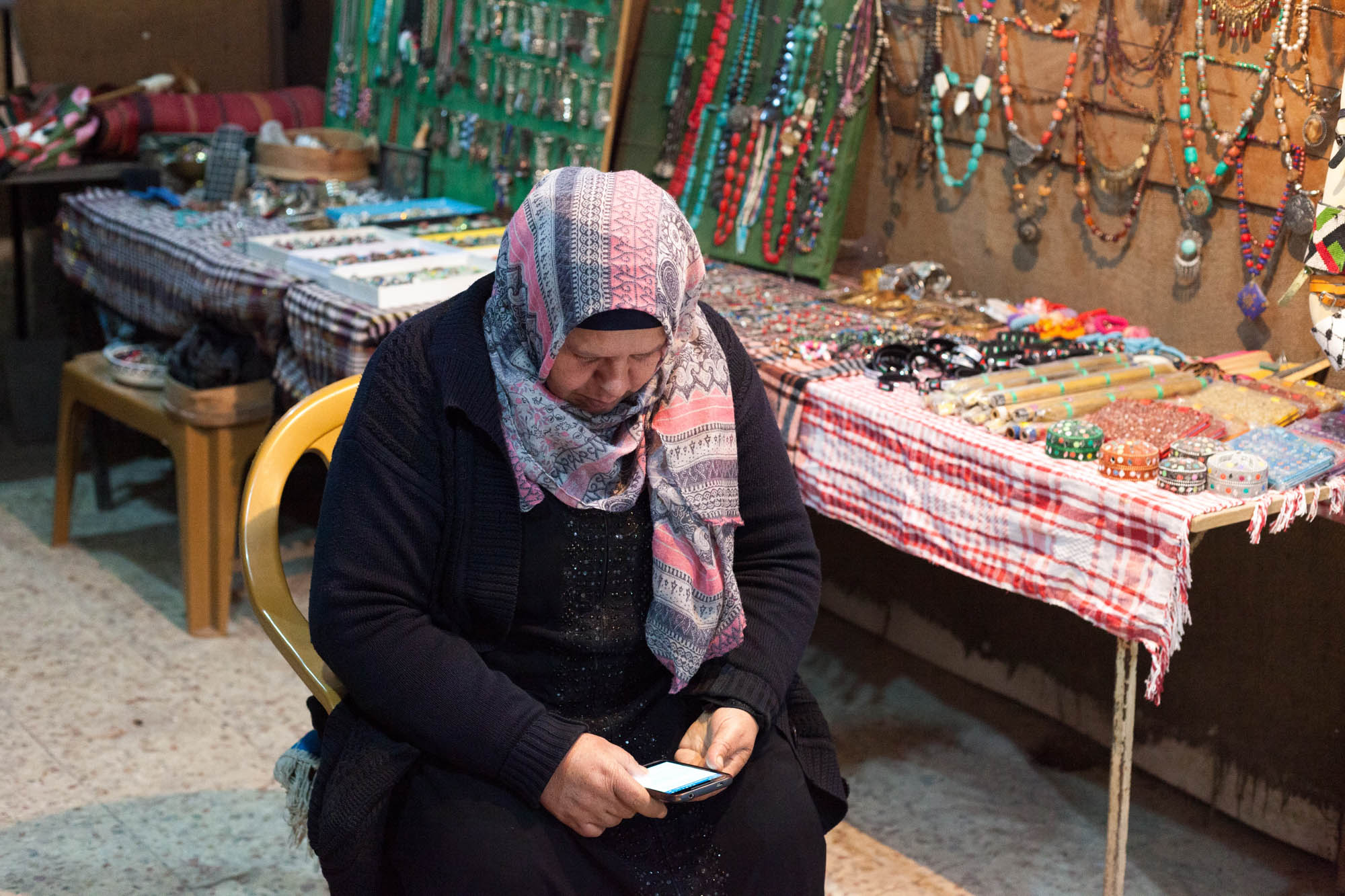
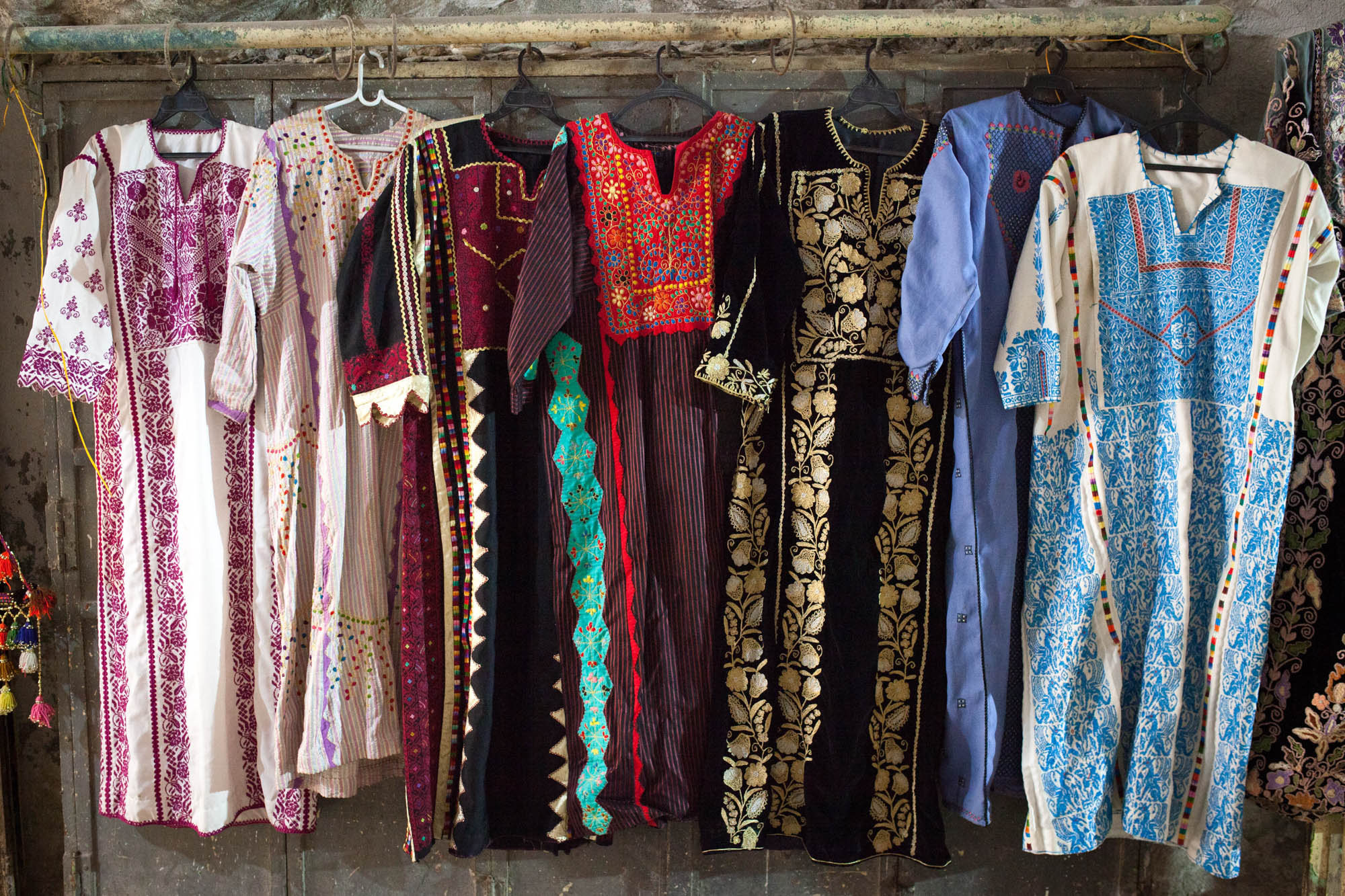
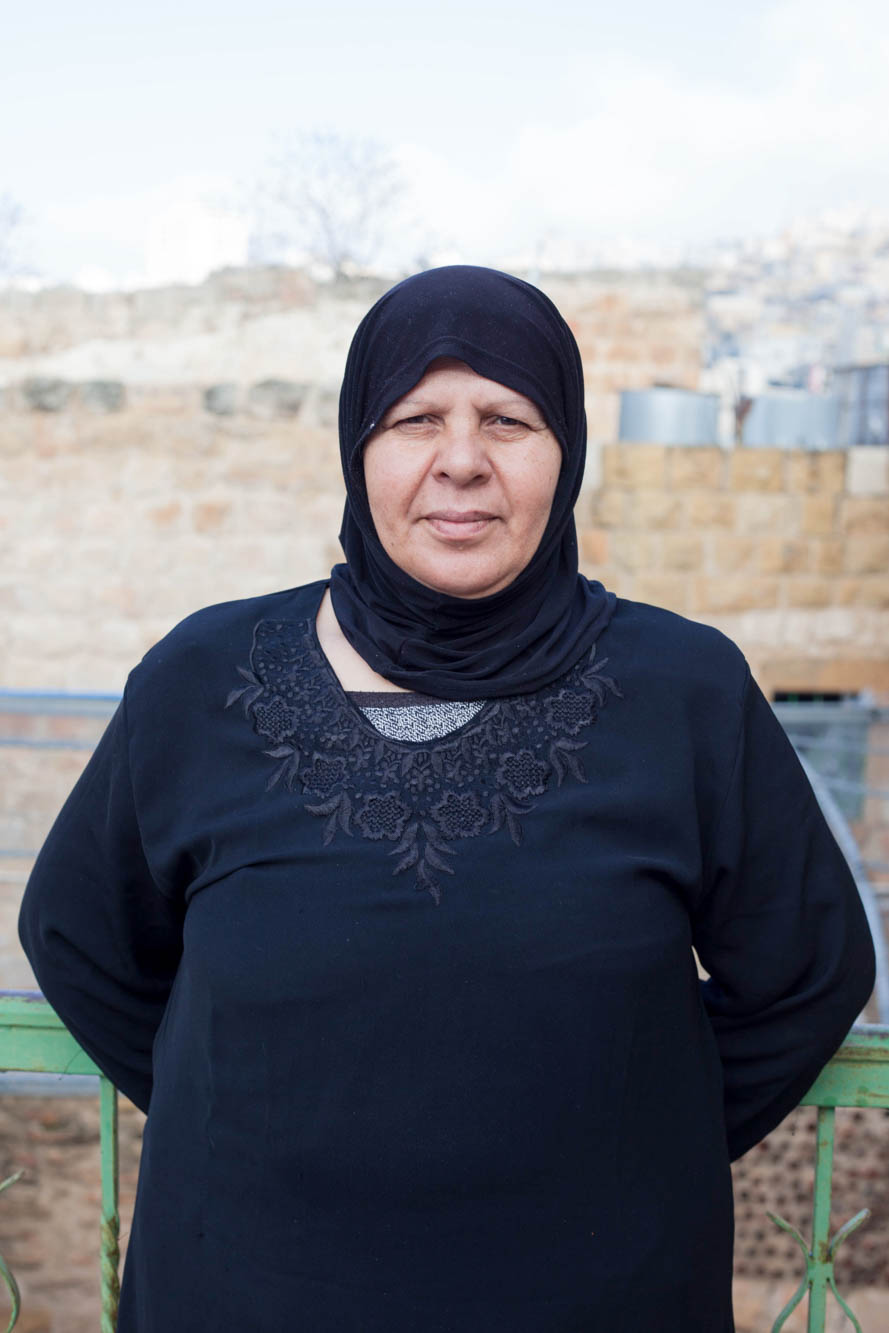
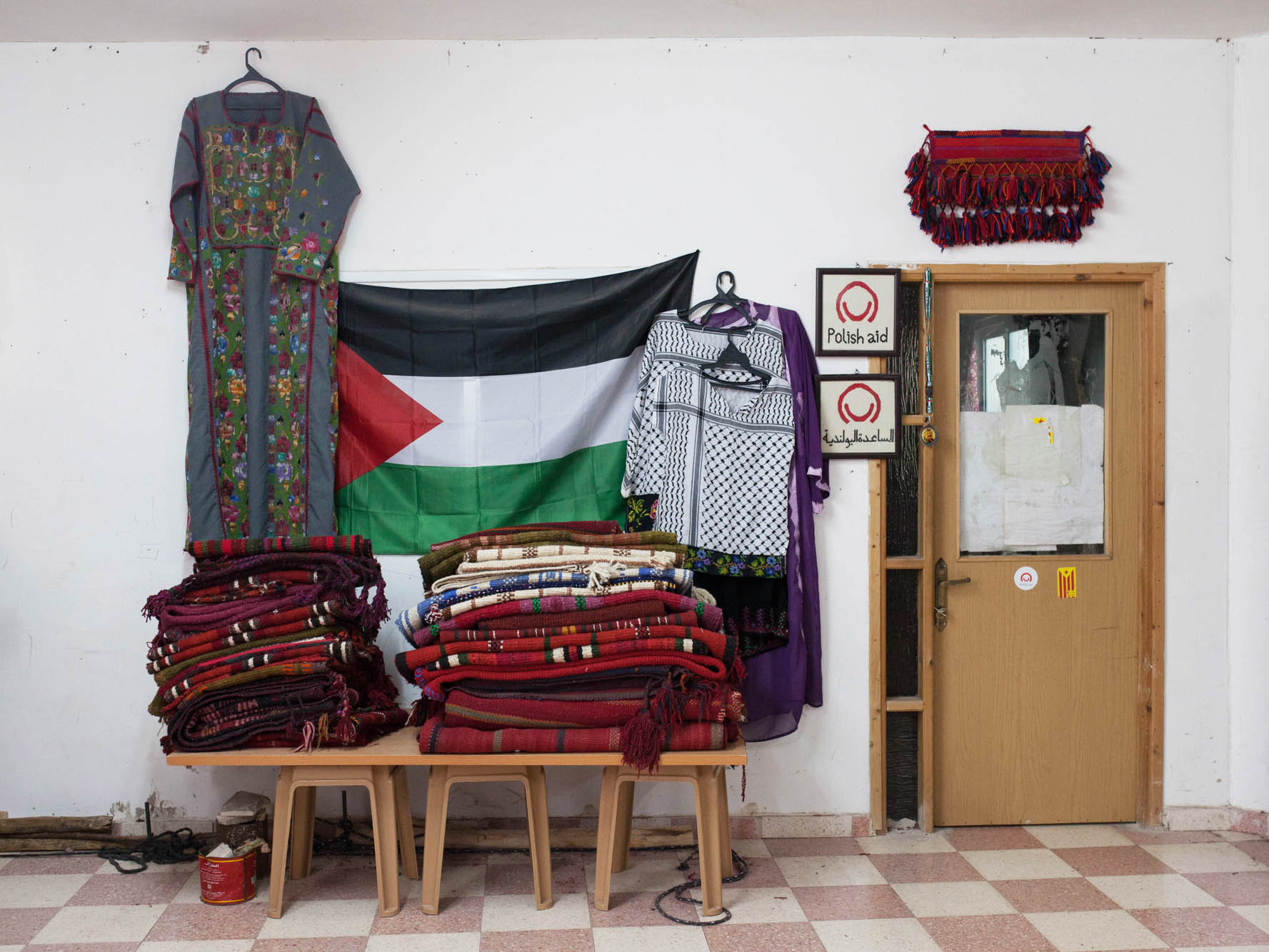

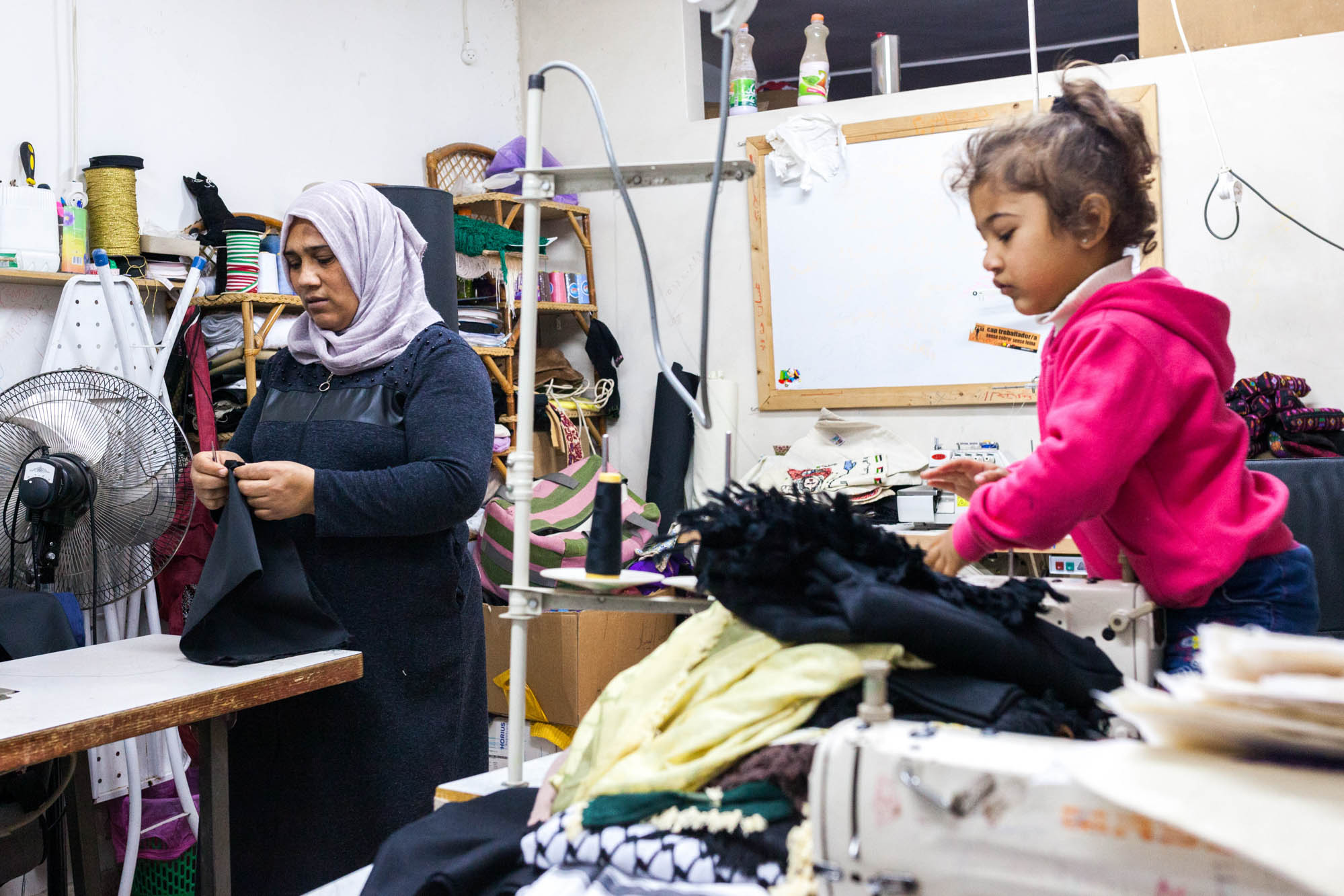
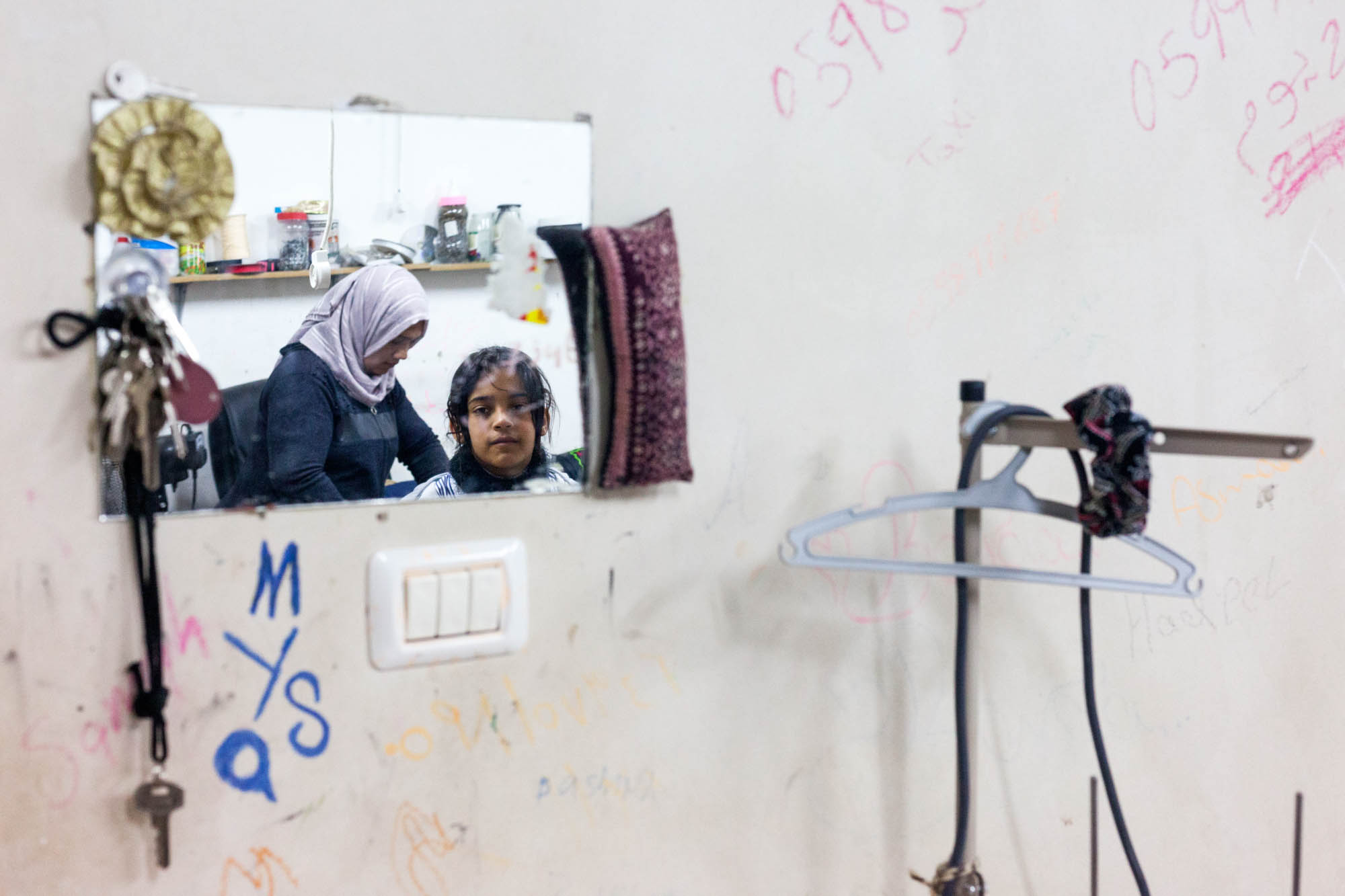
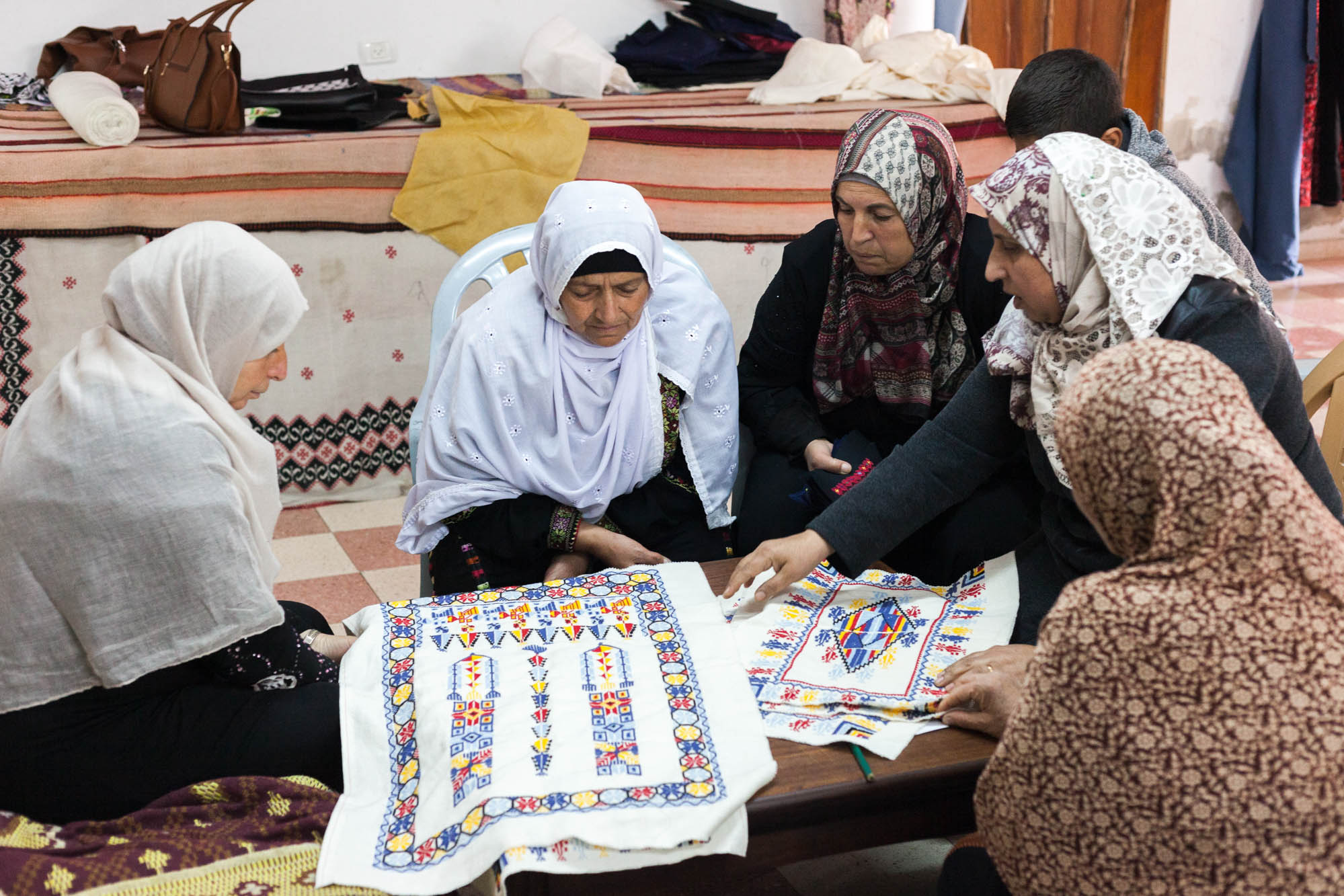
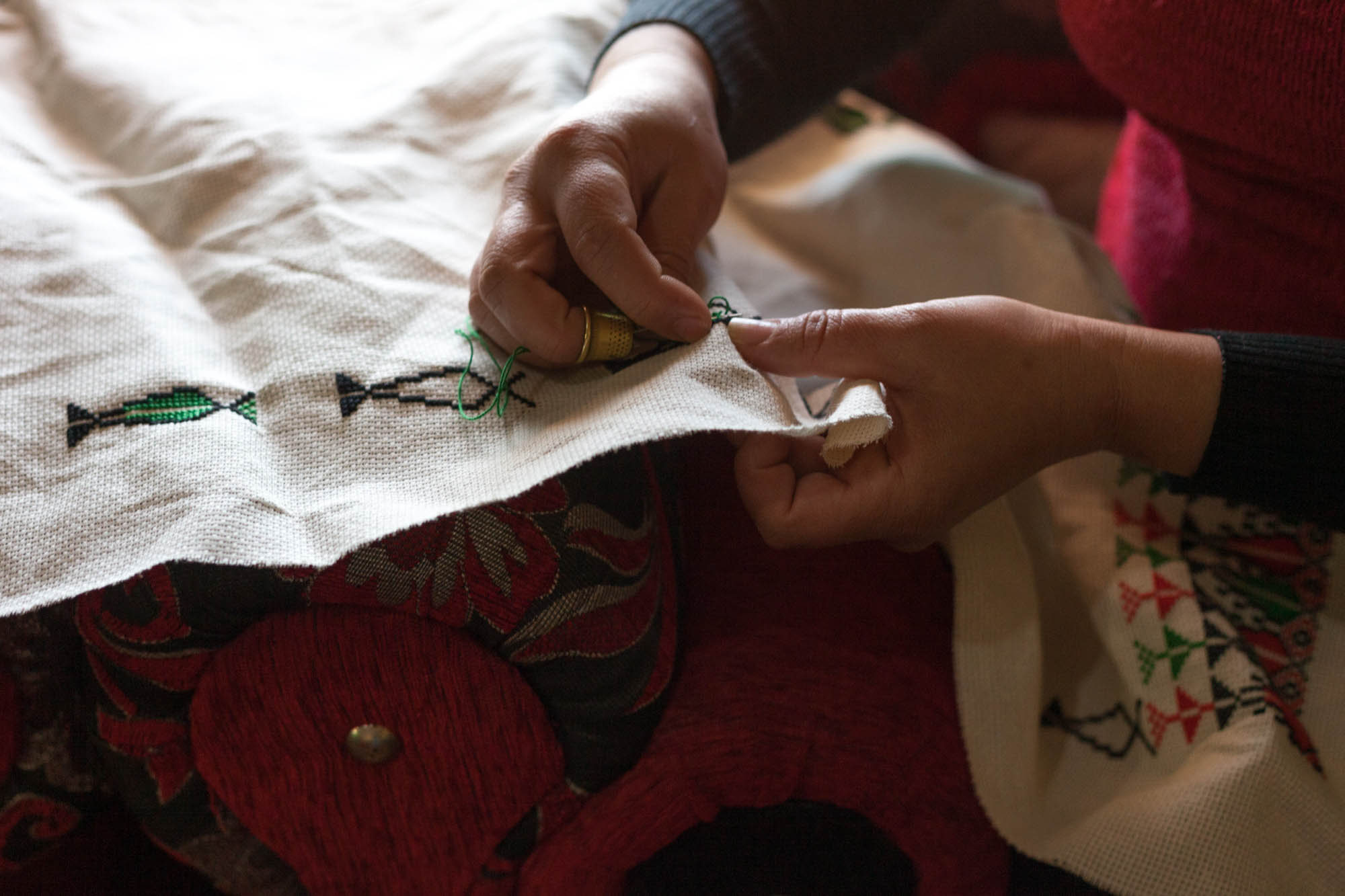
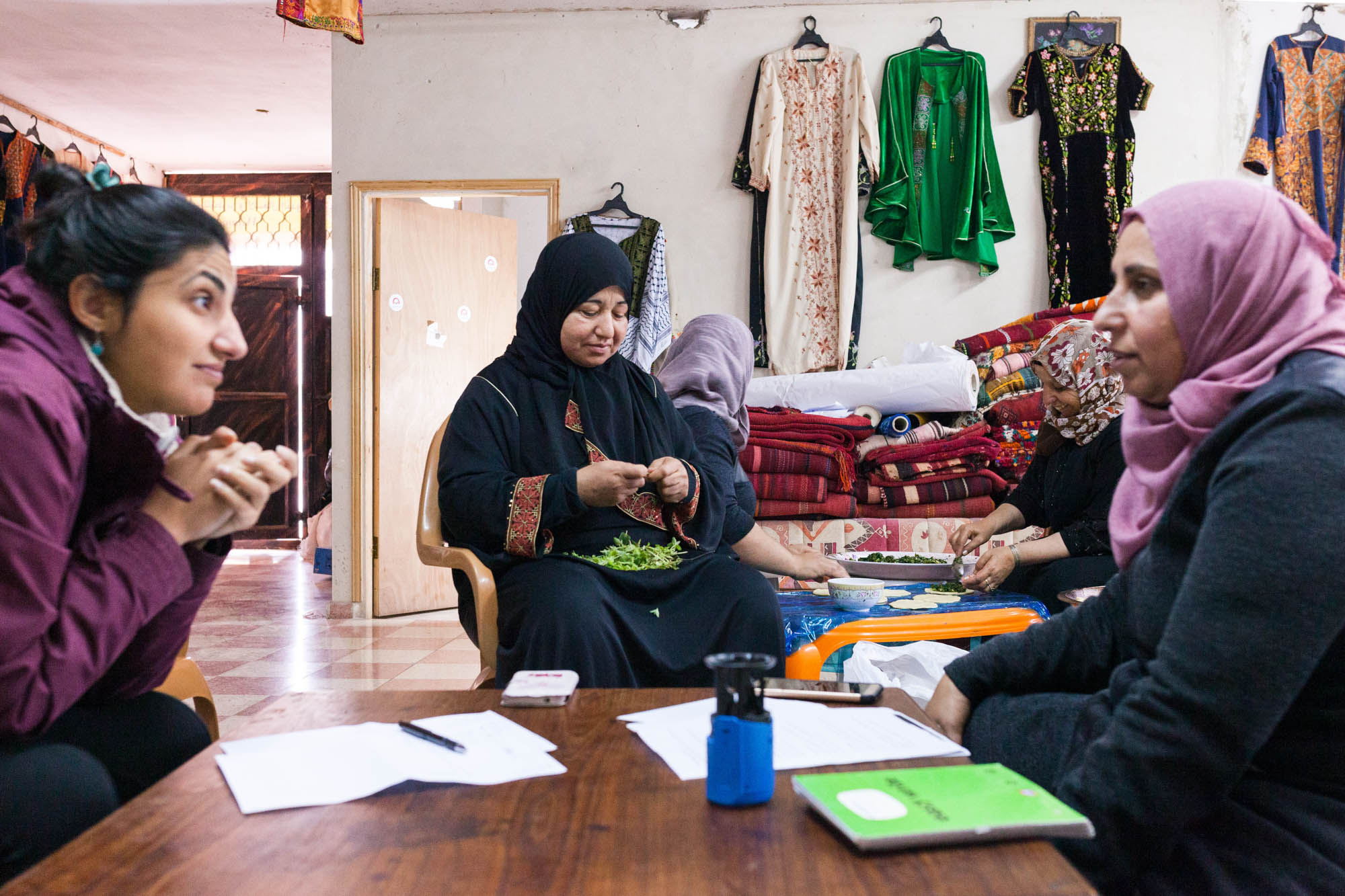
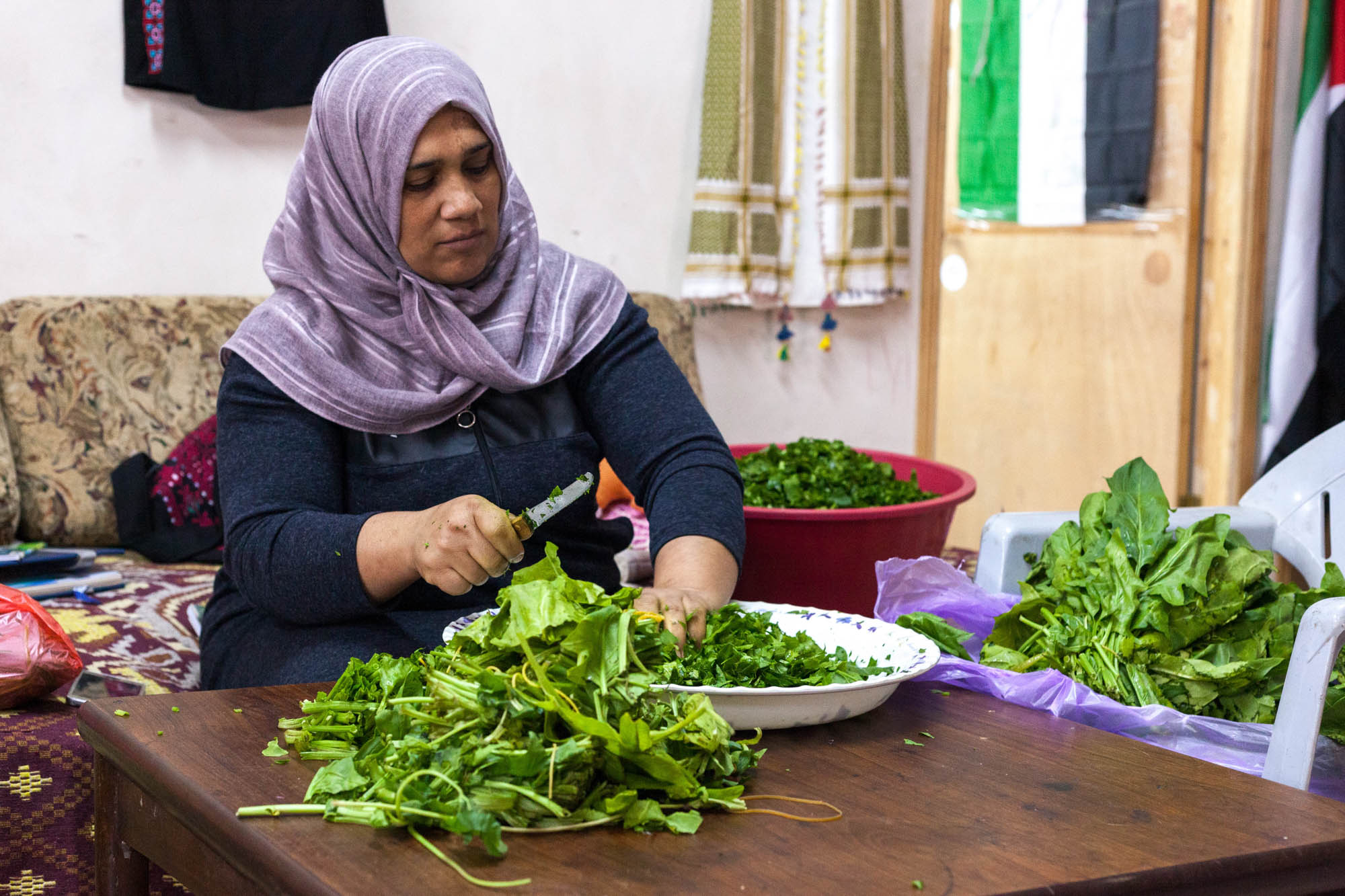

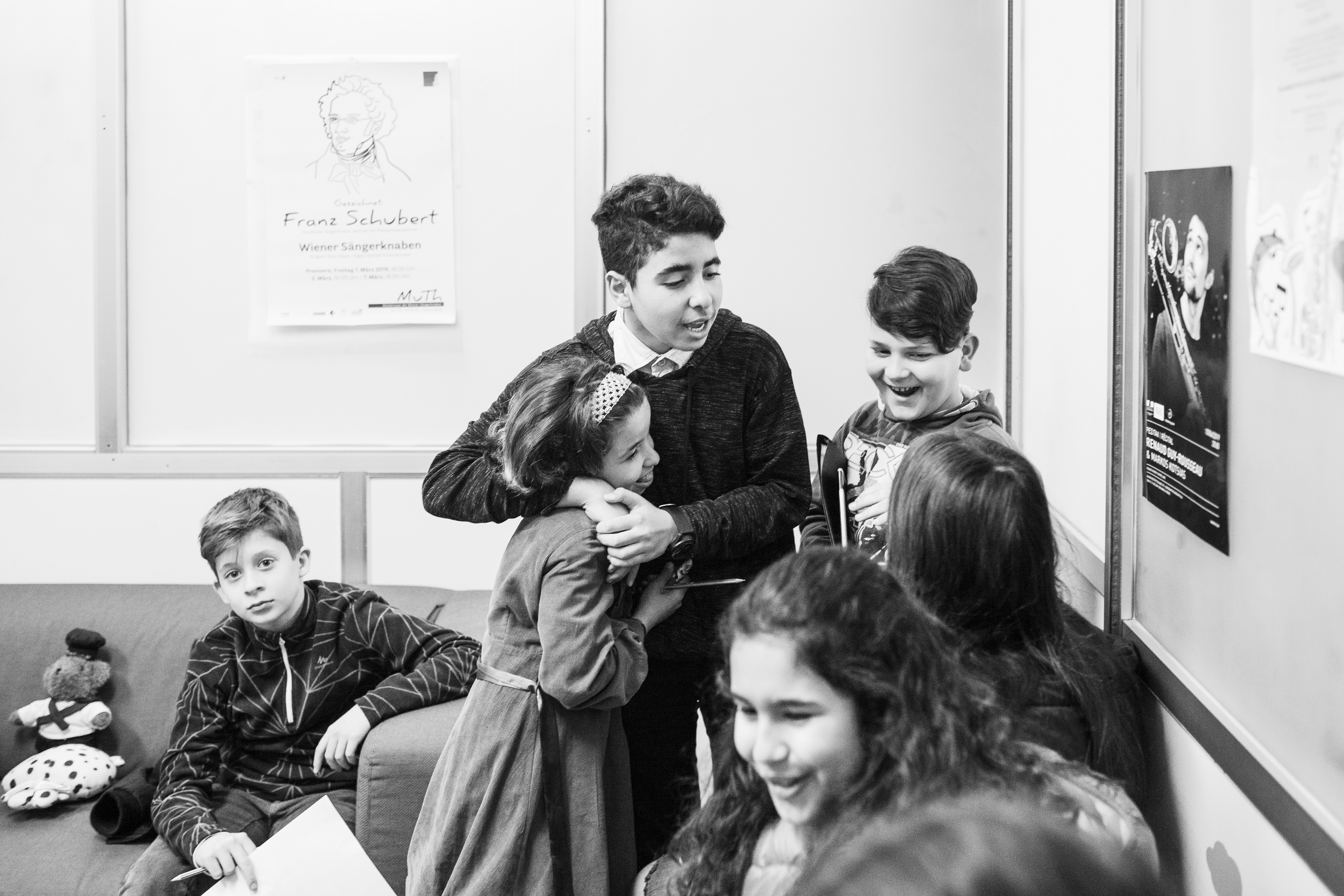
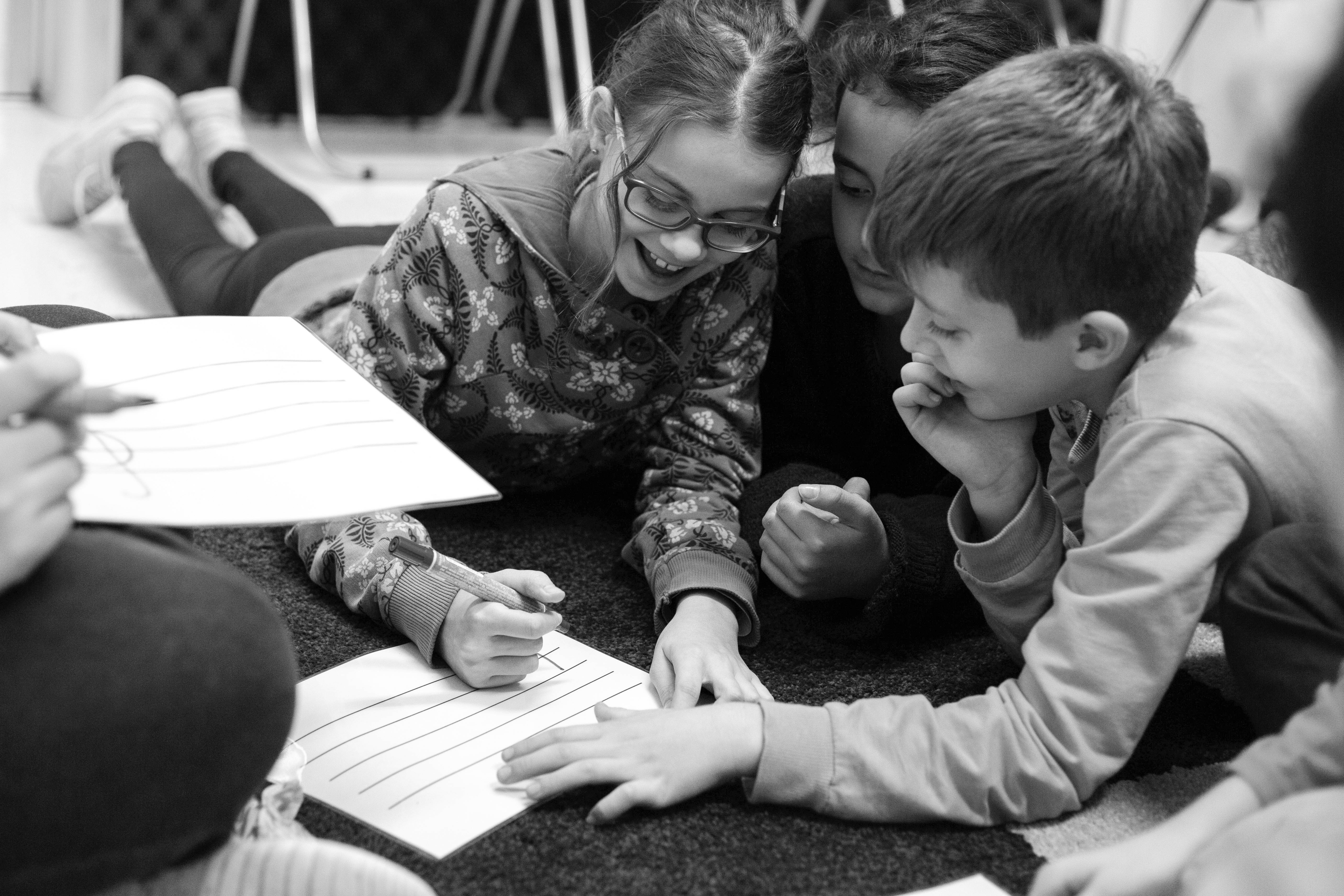

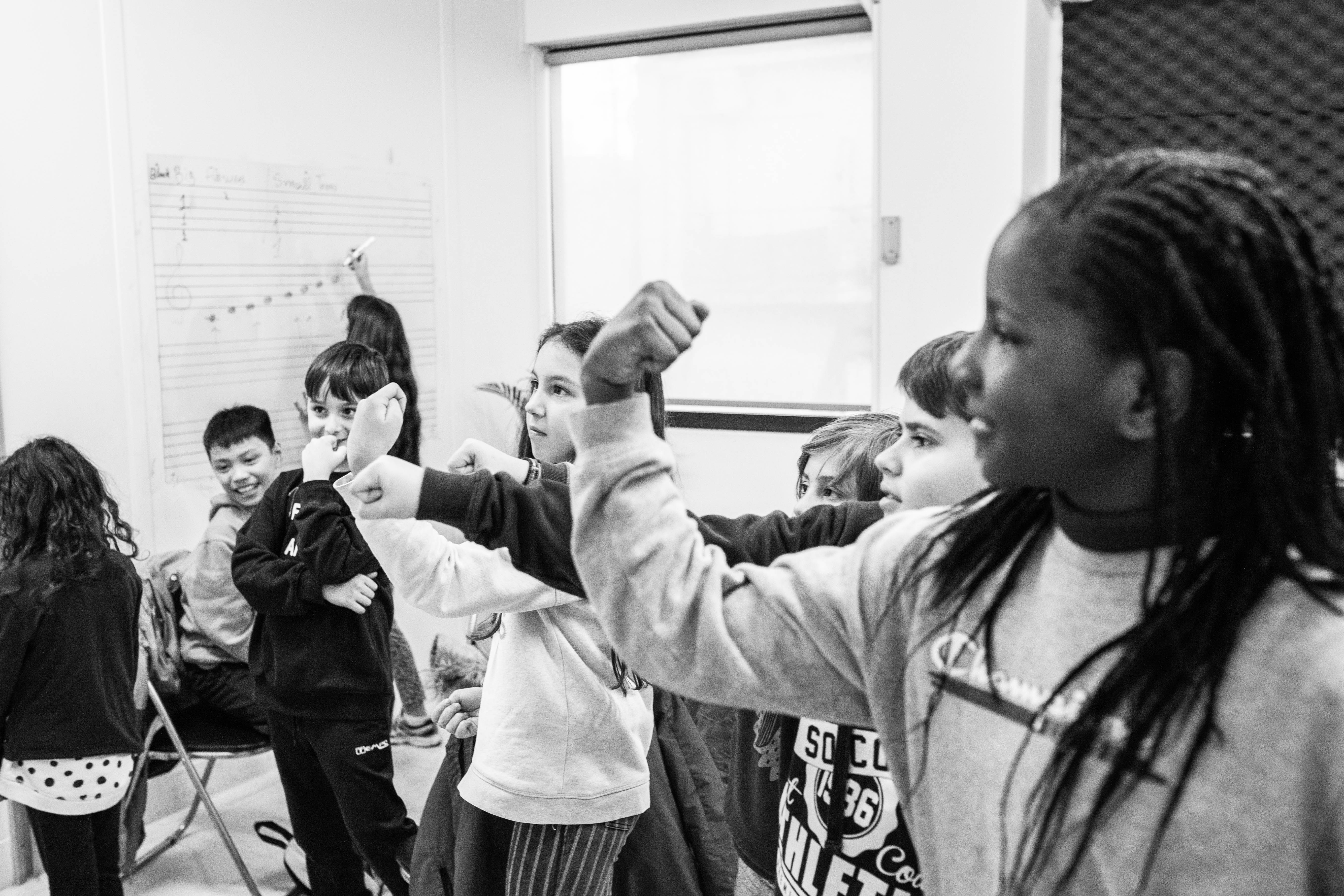
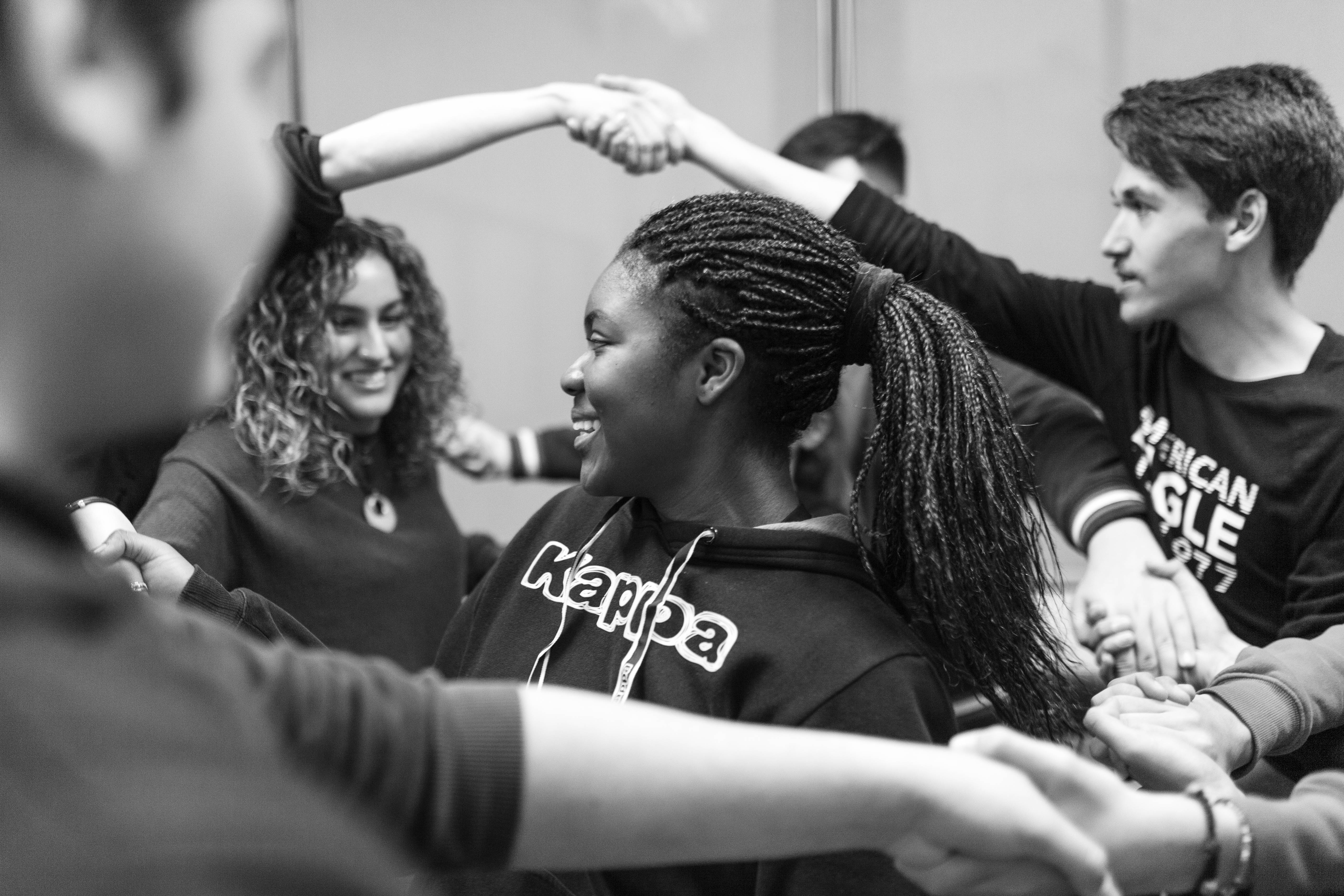
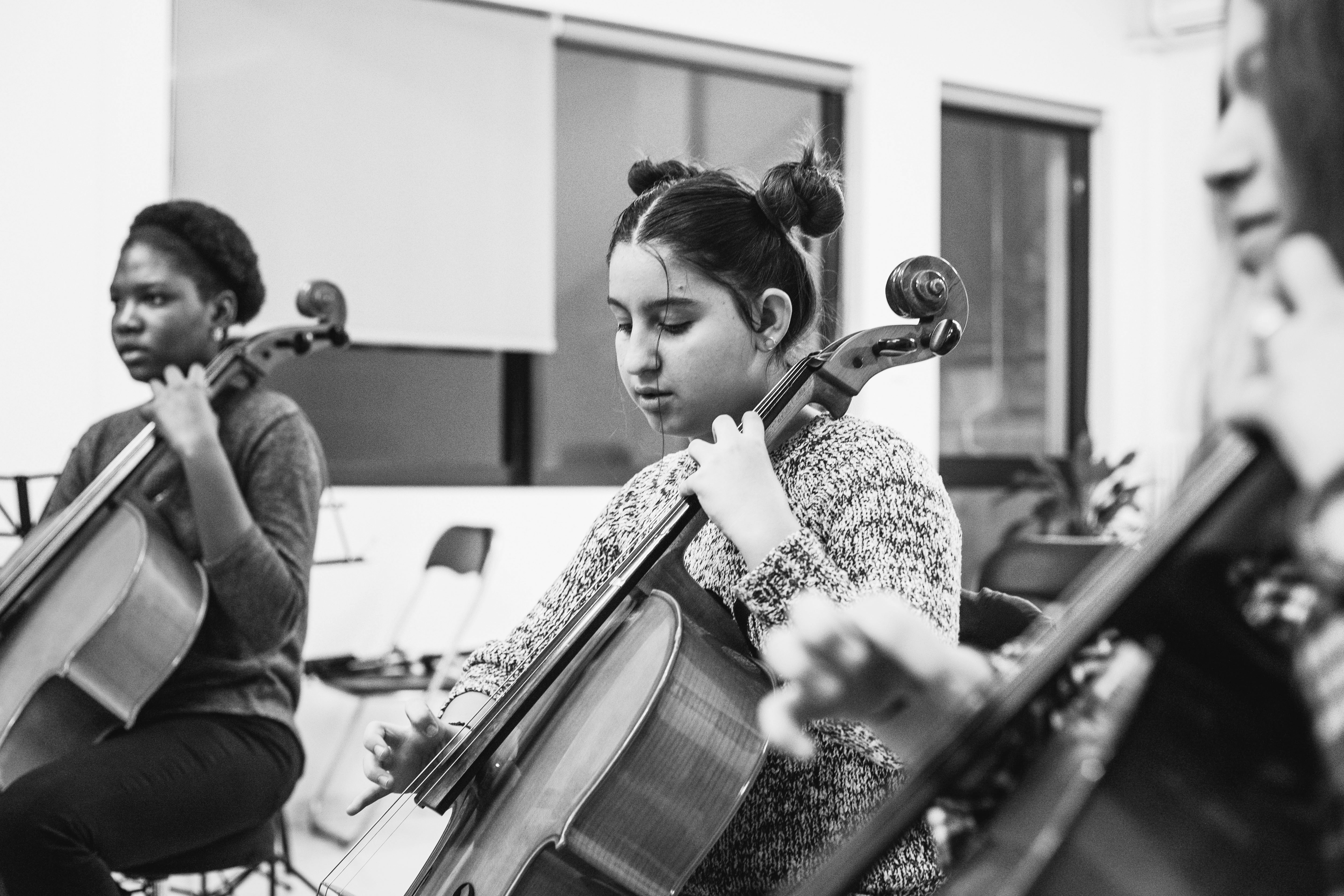

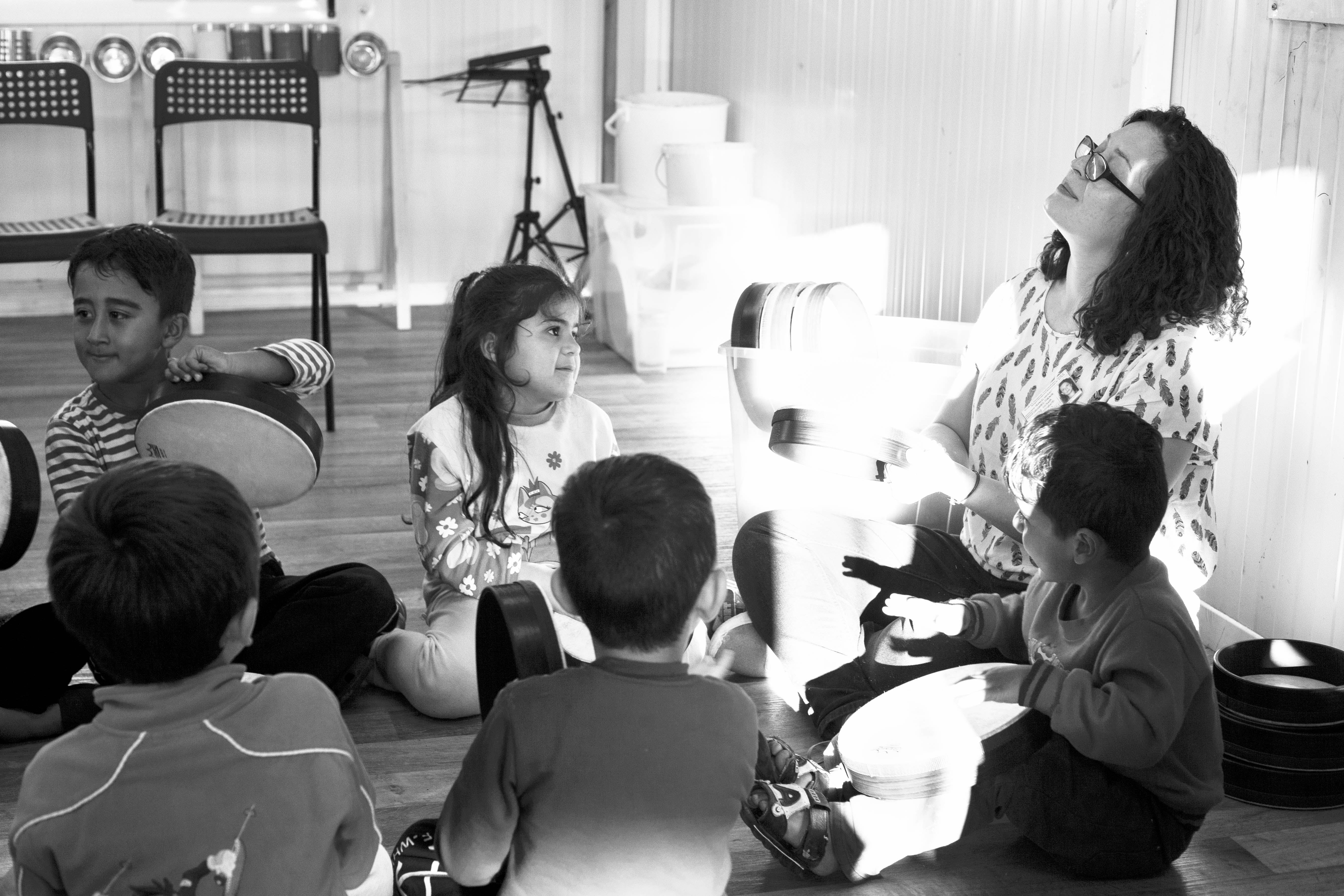
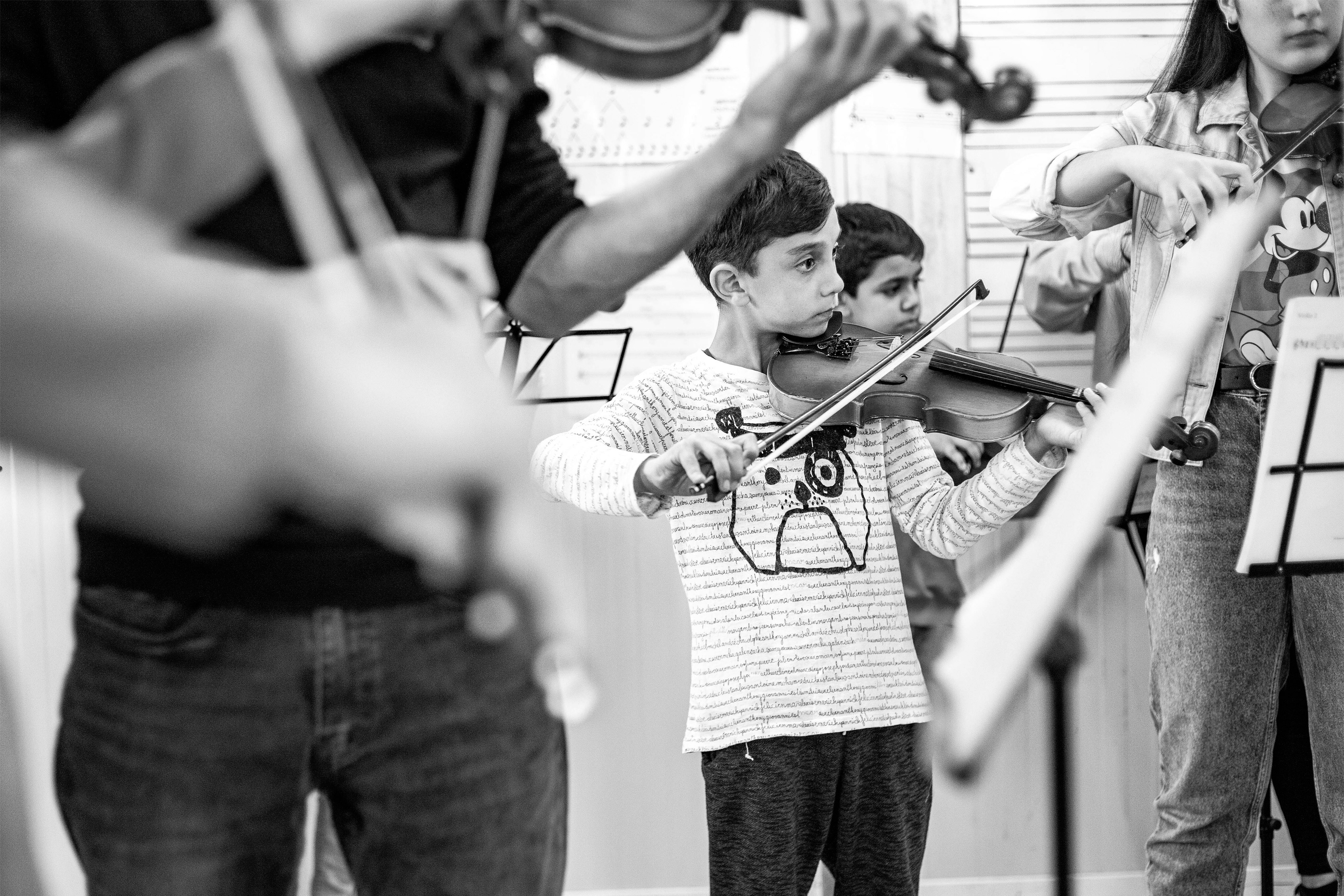


![]()
